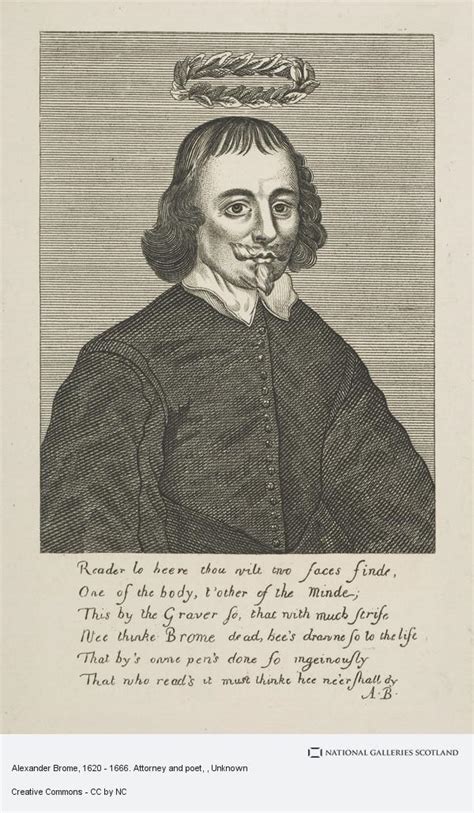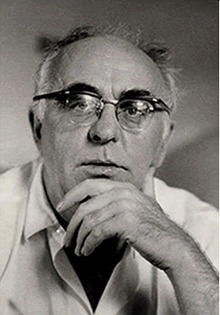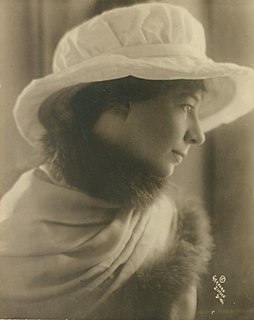A Quote by Alexander Brome
A poem's life and death dependeth still
Not on the poet's wits, but reader's will.
Related Quotes
I want each poem to be ambiguous enough that its meaning can shift, depending on the reader's own frame of reference, and depending on the reader's mood. That's why negative capability matters; if the poet stops short of fully controlling each poem's meaning, the reader can make the poem his or her own.
Another trouble with poetry - and I'm gonna stop the list at two - is the presence of presumptuousness in poetry, the sense you get in a poem that the poet takes for granted an interest on the reader's part in the poet's autobiographical life, in the poet's memories, problems, difficulties and even minor perceptions.
Two opposing forces inhabit the poem: one of elevation or up-rooting, which pulls the word from the language: the other of gravity, which makes it return. The poem is an original and unique creation, but it is also reading and recitation: participation. The poet creates it; the people, by recitation, re-create it. Poet and reader are two moments of a single reality.
The poem is not, as someone put it, deflective of entry. But the real question is, 'What happens to the reader once he or she gets inside the poem?' That's the real question for me, is getting the reader into the poem and then taking the reader somewhere, because I think of poetry as a kind of form of travel writing.
A trouble with poetry is the presence of presumptuousness in poetry, the sense you get in a poem that the poet takes for granted an interest on the reader's part in the poet's autobiographical life, in the poet's memories, problems, difficulties and even minor perceptions. I try to presume that no one is interested in me. And I think experience bears that out. No one's interested in the experiences of a stranger - let's put it that way. And then you have difficulty combined with presumptuousness, which is the most dire trouble with poetry.


































